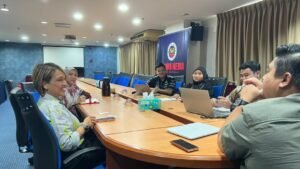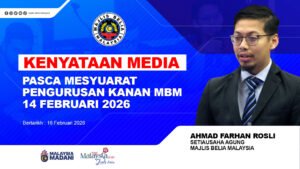#ABookReview
Does being poor lead to bad choices? Why can we never seem to keep on top of our workload, be on time or finish our chores? Why does poverty persist around the world? Why do successful people do things at the last minute? Scarcity tries to answer these questions.
Renowned economist, Sendhil Mullainathan and psychologist Eldar Shafir reveal that the hidden side behind all these problems is that they’re all about scarcity. They explain why obesity is rampant; why people find it difficult to sleep when most sleep deprived; and why the lonely find it so hard to make friends and be in a relationship or even get married.
The main discussion of this book is poverty and the results of the mind being preoccupied with other forms of scarcity such as time pressure and loneliness. It entails the loss of function, both IQ and EQ. When the mind loses its capability to think, it results not only poor function but also focuses too much on the problems at hand which is refereed as ‘tunnel’ or a dark hole if I may say so myself.
People who are less well-off really do appear to give in more readily to temptation, purchasing the things they can’t afford; to make unwise financial decisions. Poverty, the authors argue, is indeed a matter of willpower and bad decisions. It’s not that foolish choices make you poor; it’s that poverty’s effects on the mind lead to bad choices. Living with too little imposes huge psychic costs, reducing our mental bandwidth and distorting our decision-making in ways that dig us deeper into a bad situation.
As a matter of fact, scarcity creates a vicious cycle. Not having money is expensive, thanks to credit card late fees, the extra cost of instalments, high interest rates of loans, and many more money related issues. What is worrying is that how scarcity can control or even shut the mind and impairs people’s performance on intelligence. In one study, Indian sugar cane farmers performed worse during the pre-harvest season when money was tight, compared to the post-harvest season. Scarcity captures the mind. It promotes tunnel vision, helping us focus on the crisis at hand but making us “less insightful, less forward-thinking, less controlled”. Wise long-term decisions and willpower require cognitive effort.
The authors continue to argue that scarcity is not just lack of money. Busy people, suffering from a scarcity of time, also demonstrate impaired abilities and make worrying choices, such as unproductive multi-tasking or neglecting family or work. Lonely people, suffering from a scarcity of social contact, become hyper-focused on their loneliness, prompting behaviours that render it worse. The feeling of scarcity – of not having as much of something as you believe you need – is something more specific and agonising.
How can we stop falling into these traps? Mullainathan and Shafir offer few suggestions. Where possible, systems should be designed so that lack of focus leads to better management of life. However, fundamentally this may be flawed if we are looking at the whole spectrum of scarcity in terms of financial-related issues. Scarcity reaches too deep into the mind. Poor people need more money, not just self-help tips.
In the end, Scarcity summarise this message to those with resources, money, time, or anything else – is not to assume or conclude on those without these privileges. If you faced the same scarcity, you’d make the same mistakes. Putting things in perspective, the idea of scarcity offers us something positive too which is, the possibility it can help us organise our lives better.
Scarcity is filled with fresh ideas and practical suggestions that can transform the way we live and manage ourselves. Scarcity is often associated with dire consequences. However, the authors consider it a perfect trigger to enhance our abilities to make better choices and decision in our daily life.
Muhammad Abu Kadir ,
Exco, Majlis Belia Malaysia
16 June 2019










